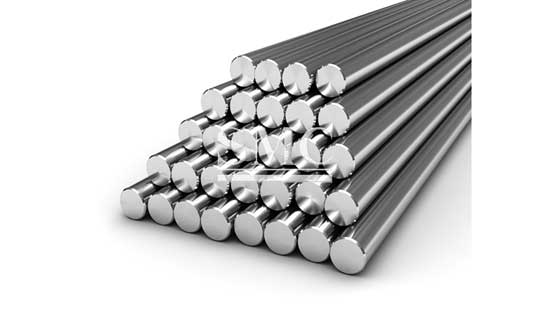Notice: Undefined index: sith_hide_share in /www/sites/alloy.wiki/index/wp-content/themes/likegoogle/single.php on line 32
Deprecated: get_settings is deprecated since version 2.1.0! Use get_option() instead. in /www/sites/alloy.wiki/index/wp-includes/functions.php on line 4862
Stainless steel is made of iron, chromium, nickel alloy, and then added with trace elements such as molybdenum, titanium, cobalt and manganese. Its metal properties are good, and the finished vessels are beautiful and durable. However, if stainless steel kitchen utensils are used improperly, heavy metal elements may slowly “accumulate” in the human body, which is harmful to health.
1. Avoid storing sour foods
Stainless steel cutlery should not contain salt, soy sauce, vegetable soup, etc., and should not contain acidic juice. Because the electrolyte in these foods can be complicated with the “electrochemical reaction” of the metal elements in the tableware, the excess of the elements is explained.
2. Avoid washing with strong alkali and strong oxidizing agent
Such as alkaline water, soda and bleaching powder. These strong electrolytes also “electrochemically react” with certain components of the tableware, eroding the stainless steel tableware to dissolve harmful elements.
3. Avoid boiled Chinese herbal medicine
Because of the complex composition of Chinese herbal medicines, most of them contain a variety of alkaloids and organic acids. When heated, it is easy to chemically react with certain components in stainless steel, which reduces the efficacy.

4. Should not be burned
Because stainless steel has lower thermal conductivity than iron and aluminum products, the heat conduction is slower, and the air burning will cause the chrome plating on the surface of the cookware to age and fall off.
5. Inferior quality do not buy
Because such stainless steel tableware is inferior in raw materials and rough in production, it may contain a variety of heavy metal elements that are harmful to human health, especially lead, aluminum, mercury and cadmium.
Guest contributors are welcome at the Alloy Wiki.It is a weekly wiki and guide on alloy information and processing technology, while also about the vast array of opportunities that are present in manufacturing. Our team of writers consists of a Machining Material Supplier / Machinist / Tool and Die Maker, a Biomedical Engineer / Product Development Engineer, a Job Development Coordinator / Adjunct Professor, and a President and CEO of a manufacturing facility.
Link to this article:What are the Taboos for Using Stainless Steel Meals?
Reprint Statement: If there are no special instructions, all articles on this site are original. Please indicate the source for reprinting:Alloy Wiki,thanks!^^


